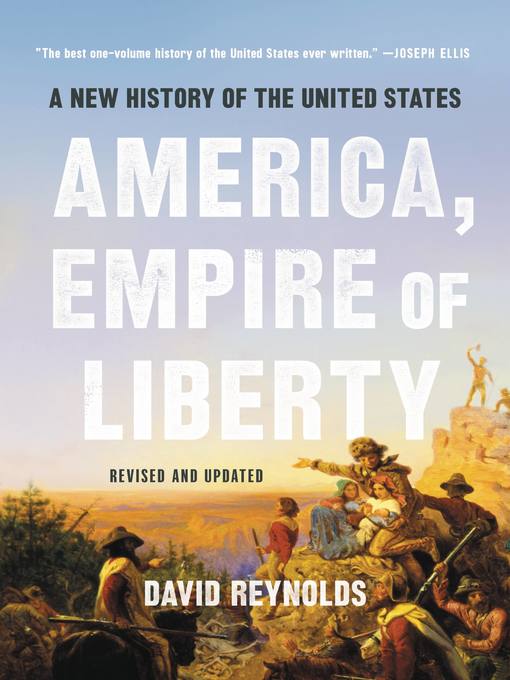- Available Now
- New Ebooks
- New for Kids
- New for Teens
- Most Popular
- Something Different
- See all ebooks collections
- Available Now
- New Audiobooks
- New for Kids
- New for Teens
- Most Popular
- Something Different
- See all audiobooks collections
- Most Popular
- News & Politics
- Just Added
- Entertainment News
- Food & Drink
- Crafts & DIY Magazines
- Health, Fitness & Wellness
- Revistas
- 杂志
- Sports
- Business
- Fashion
- Art
- See all magazines collections
- Audiolibros
- Revistas
- Novedades
- Libros Bilingües Para Niños
- Novela Histórica
- Realismo Mágico
- Voces Propias
- Celebra el Mes de la Herencia Hispana - Adultos
- Primeros Lectores
- Cómics y Novelas Gráficas
- Embarazo Saludable y Bebé Sano 👶 🍼
- See all español collections




